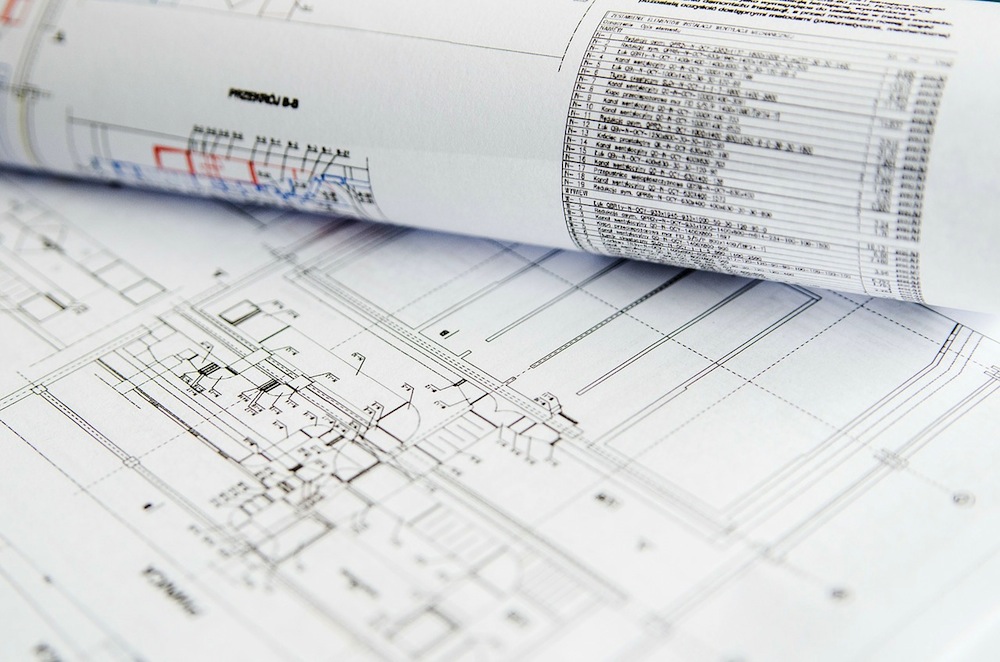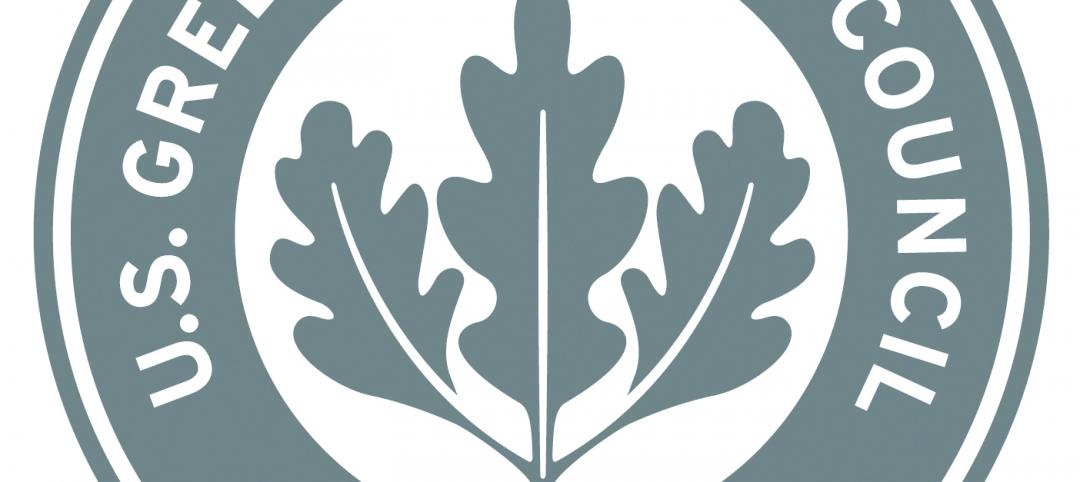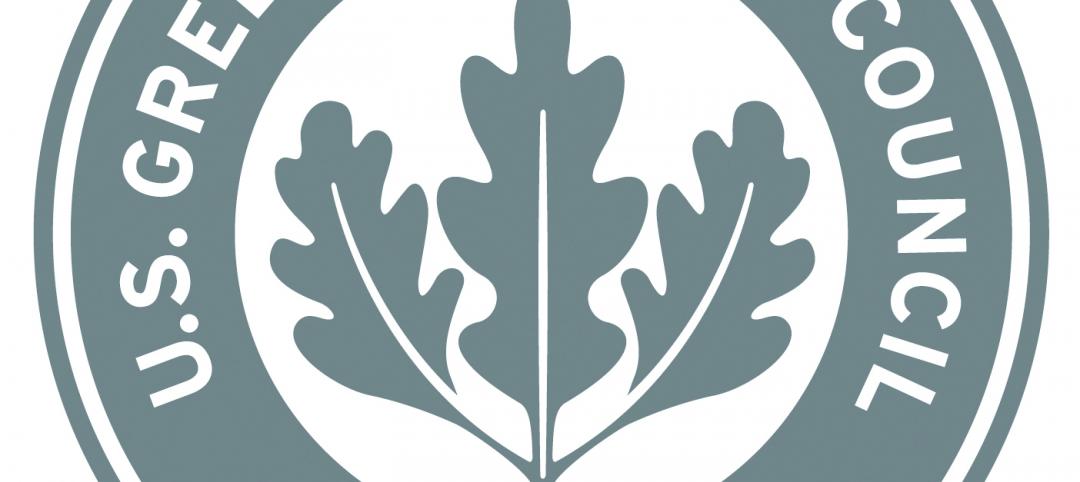The American Institute of Architects (AIA) and The International Code Council (ICC) have reached a formal agreement to collaborate across a wide range of initiatives including code development, compliance, sustainability, energy conservation, and increasing building code knowledge among architects.
Among the common objectives under the five-year pact:
- Model Code Development: Form partnerships to cooperate in the development of the family of I-Codes.
- Education and Training: Develop and provide access to educational courses and, working with industry partners, will promote focus on codes training.
- Advocacy: Establish joint activities to develop and initiate advocacy campaigns for important issues relevant to architects and code officials.
- Engaging member groups: Provide opportunities to connect internal member committees and working groups.
- Communications: Communicate news and information that is relevant to both organizations’ members.
- Digital Transformation: Provide resources that support information and technology initiatives focusing on the interface between architects, codes, code officials, and other industry professionals in the design and construction process.
"Our combined membership, consisting of practicing design professionals, code officials, and the building industry representatives, supports the development of codes and standards that protect the health, safety and welfare of the public at large,” said AIA CEO Robert Ivy, FAIA. “Through this significant agreement, both the AIA and the ICC agree to work more closely to achieve our common goals.”
Related Stories
| Mar 8, 2012
Federal silica dust rule caught in bureaucratic limbo
A federal rule meant to protect the lungs of workers has been caught in bureaucratic purgatory for more than a year.
| Mar 8, 2012
New LEED-EBOM rating has requirements for specific project types
Several key changes are proposed for the LEED-EBOM Rating System in 2012.
| Mar 8, 2012
Green buildings more resilient than conventionally built structures
A new study by the U.S. Green Building Council (USGBC) and the University of Michigan’s Taubman College of Architecture and Urban Planning suggests that structures built to green standards can advance building resiliency.
| Mar 1, 2012
LEED Platinum standard likely to mean net-zero energy by 2018
As LEED standards continue to rise, the top level, LEED Platinum, will likely mean net-zero energy construction by 2018.
| Mar 1, 2012
EPA beefs up stormwater discharge rule from construction projects
The U.S. Environmental Protection Agency (EPA) has now finalized its 2012 construction general permit (CGP) that authorizes stormwater discharges from construction projects that disturb one or more acres of land in the areas where EPA is the permitting authority.
| Mar 1, 2012
Regulators investigate structural failures during construction of two Ohio casinos
Regulators with the Occupational Safety & Health Administration and the city of Cincinnati are investigatingthe collapse of the second floor of Cincinnati's Horseshoe Casino as workers were pouring concrete.
| Mar 1, 2012
Is your project too small for LEED? Consider other green standards
There are many other recognized national, state and local programs that offer a variety of best management practices and sustainable design, construction and operating strategies.
| Mar 1, 2012
California bill aims to cut costs for commercial building energy retrofits
A bill in the California Assembly would allow the state to pool together property owners’ energy-retrofit loans.
| Feb 29, 2012
Carvalho appointed Shawmut Safety Director
He has been a driving force behind multiple safety-orientated initiatives at Shawmut, including Safety Week, the creation of an online safety manual, and the implementation of a new safety reporting and tracking system.
















